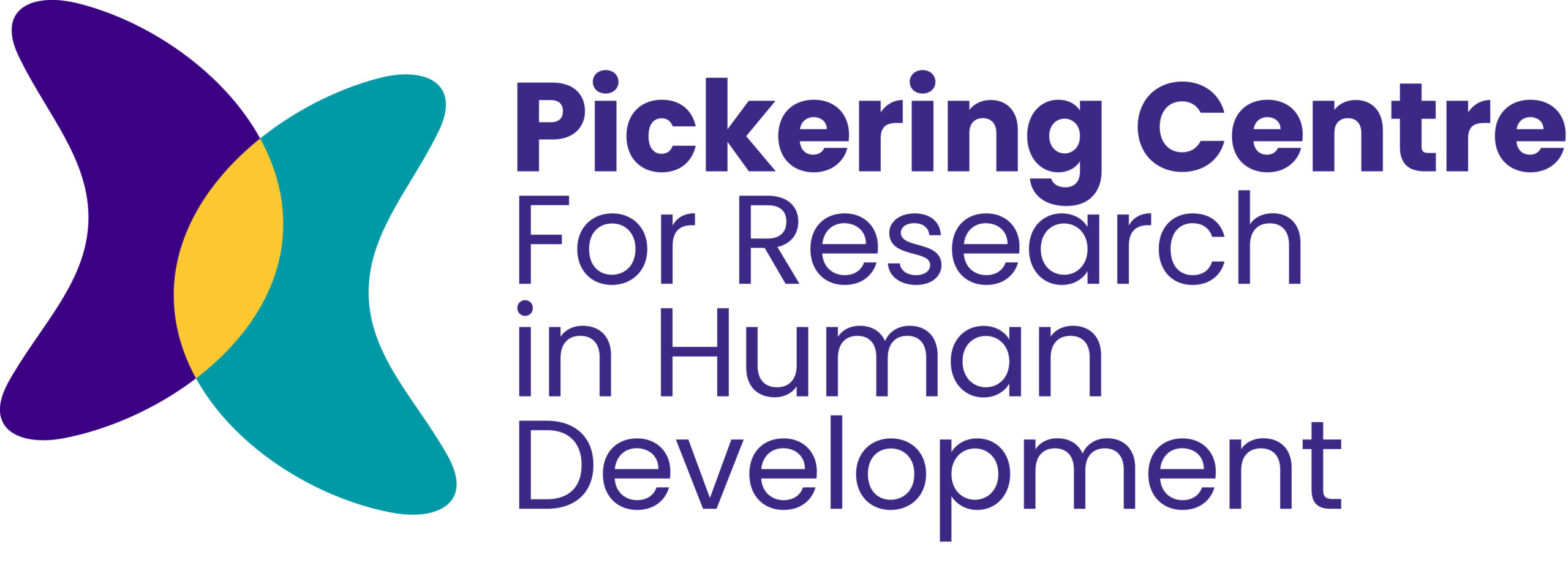Developmental Psychology
New Approaches to Understanding How Early Experience Shapes Executive Function and Self-Regulation Skills
Guest Editors: Sabine Doebel, Dana Miller-Cotto, and Jennifer McDermott
Developmental Psychology invites abstracts for submission to a Special Issue focusing on how early experience shapes executive function and self-regulation skills. Executive function (EF) refers to the higher cognitive capacity for regulating thoughts and actions in the service of goals. EF skills are widely believed to be malleable and important for healthy functioning in a range of domains; yet much remains unknown about how specific experiences shape EF skills throughout development. Many studies report correlations between EF skills and experiential factors (e.g., schooling, sensitive parenting, cognitive enrichment, household chaos, poverty) but few provide insight into specific mechanisms through which such experiences may be shaping EF.
In this special issue, we invite contributions that advance new ideas about how experience may shape diverse EF skills. We welcome studies that use meaningful assessments of EF that are appropriate to specific contexts and populations. We also welcome new approaches that aim to understand variation in EF skills without deficit frameworks.
Articles featured in the special issue should explore one or more factors (in isolation or interaction) that may shape children’s or families’ EF, such as:
- parent and child beliefs (e.g., values, expectations, ethnotheories)
- family dynamics (e.g., family structure, multiple caregivers, sibling relationships)
- child temperament
- parenting
- schooling
- family digital media use
- peer interactions
- childcare and early education settings
- sleep (quality, duration)
- sensory and physical environmental effects (e.g., visual and auditory stimulation, pollution)
Articles that go beyond documenting associations and aim to address questions about mechanisms (e.g., socialization processes, cognitive representations, neurocognitive processes, bidirectional influences) are especially encouraged. Additionally, articles that adopt a nuanced approach to understanding experiential factors and their effects (e.g., how what is beneficial or adaptive may vary depending on the context or population) are welcome. Articles should be empirical. A wide variety of methods and approaches are encouraged, including but not limited to: experimental, observational, longitudinal and cultural research; mixed methods; dyadic analysis; social networks analysis; secondary data analysis; meta-analysis. Narrative reviews or purely theoretical papers will not be considered.
Additional Author Guidelines and Timeline
- Authors who are interested in contributing to this special issue should submit a 500-word abstract by February 28, 2025that describes the manuscript that will be submitted for publication in the special issue. Please include a tentative title, names and affiliations of authors, and contact information for the corresponding author. Please also include a specific statement regarding how the planned manuscript advances knowledge on the role of experience in EF/self-regulation development.
- Only one submission per author will be considered.
- All invited manuscripts will undergo peer review. Invitation to submit a full manuscript is not a guarantee of final acceptance.
- Please send your abstract to the special issue editorial team: Sabine Doebel, Dana Miller-Cotto, and Jennifer McDermott: sdoebel@gmu.edu, dmillerc@berkeley.edu,jmm@umass.edu.
- Individual submissions may be available online earlier, as they are accepted and copyedited.
- Authors will be asked to make available their analytic code, deidentified data, and other materials in a permanent repository (e.g., on the Open Science Framework). Please see Developmental Psychology’s more detailed author guidelines regarding open science practices for more information.
